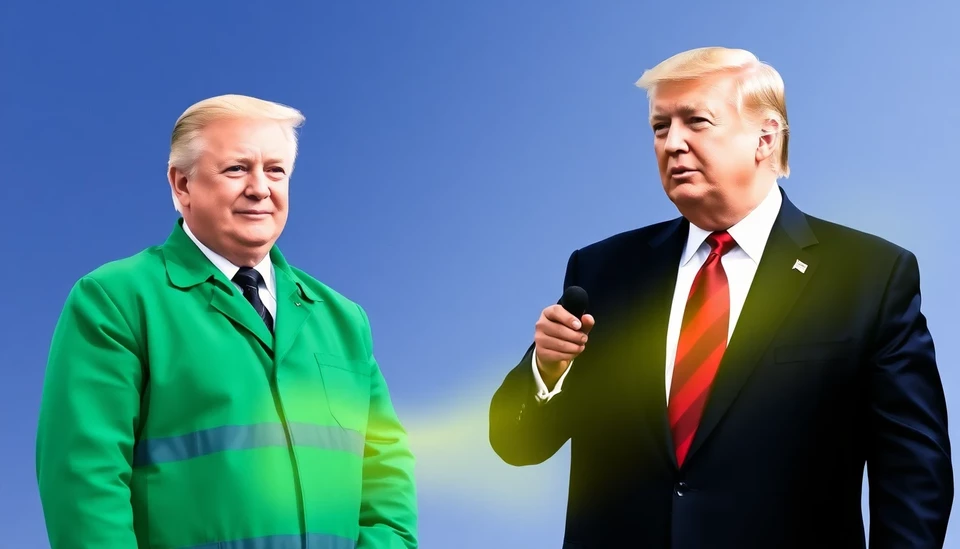
As the 2024 U.S. presidential election approaches, investors in climate technology are adopting a wait-and-see approach, driven by uncertainty surrounding the political landscape and potential shifts in policy. The tussle between the two main political parties over climate action could significantly shape the future of investments in clean energy technologies.
The current administration has put an emphasis on the green transition, with numerous initiatives aimed at combating climate change and promoting sustainable energy sources. However, the possibility of a change in leadership raises questions about the continuity of such policies, causing concern among investors who wish for stable and predictable regulatory environments.
Many venture capitalists and institutional investors are wary about pouring money into climate tech ventures until they have a clearer understanding of the future policy direction post-election. With prominent candidates from both parties expressing mixed signals about their commitment to environmental issues, the ambiguity makes it challenging for investors to assess forthcoming opportunities.
For instance, candidates who openly challenge the current administration’s climate strategies might lead to significant funding withdrawals from various projects aimed at reducing carbon emissions. This uncertainty aligns with broader trends in the market where cautious optimism reverts to hesitance in the face of potential policy shifts.
Investors are particularly attentive to tax incentives, subsidies, and federal funding that have bolstered the climate tech sector in recent years. Any rollback or modification to these support mechanisms could pose significant threats to project viability and profitability, making investors hesitant to commit capital without clearer guidance from political leaders.
Additionally, those involved in the climate tech space are closely monitoring public opinion concerning climate-related issues. With various polls indicating fluctuating support for aggressive climate action among the electorate, decision-makers must navigate these public sentiment shifts as they devise their election strategies. The MIT Energy Initiative has noted that these sentiment changes could significantly impact investor confidence in sustainable technologies.
Despite the prevailing climate of uncertainty, some investors are still identifying opportunities. They argue that the underlying demand for clean energy solutions remains robust, driven by global commitments to net-zero emissions. The long-term trajectory for climate tech, they say, is unlikely to be derailed regardless of the immediate political landscape.
While many in the sector are exercising caution, they do not dismiss the potential for growth once the electoral dust settles. If the election yields results that affirm strong commitments to climate action, experts predict an influx of capital into the sector. This could lead to rapid advancements in technology and infrastructure aimed at fostering a sustainable future.
As the election date approaches, the climate tech investment community remains vigilant, weighing their options amid shifting political narratives. Investors find themselves in a complex web of potential outcomes that could either bolster or hinder the progress made in tackling climate change. Ultimately, the results of the election will play a crucial role in shaping the investment landscape for the foreseeable future.
In conclusion, while current dynamics evoke a sense of apprehension within the climate tech investment sector, the belief in the necessity for climate solutions endures. The resistance to immediate investment may just be a pause before a potential surge, contingent on the upcoming political changes.
#ClimateTech #Investors #USElection2024 #CleanEnergy #SustainableFuture #VentureCapital
Author: Peter Collins




